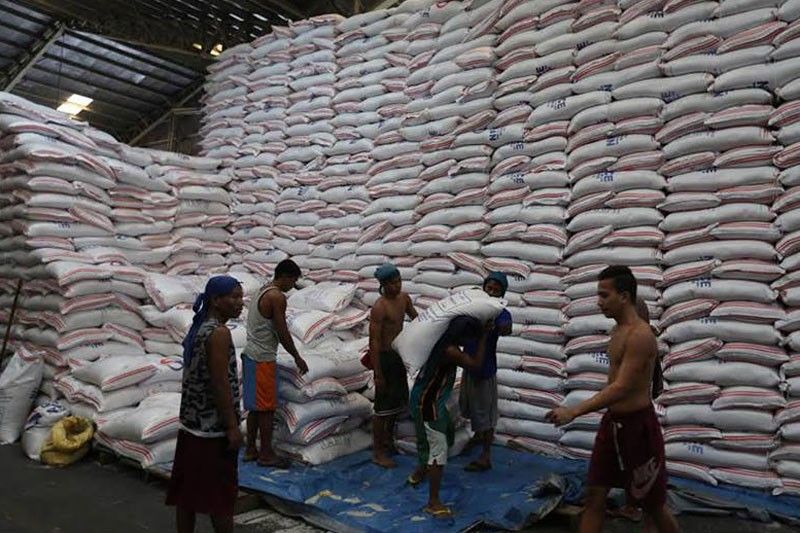Duterte urged: Veto rice tariffication

MANILA, Philippines — The bill that seeks to liberalize rice importation by replacing quantitative import restrictions with tariffs will lapse into law this week if it remains unsigned by President Duterte.
The scenario unfolds as rice industry stakeholders are making a last-minute appeal to Duterte to veto the measure.
“We are grateful that you took time to hear our real position on the impending Rice Tariffication Bill which, if you sign into law, will adversely impact the lives and family of millions of Filipinos working in their respective and vital roles to secure this most essential food supply in the life of our nation,” the stakeholders said in their letter to Duterte.
If enacted into law, the measure will remove all government safety measures and programs designed to help millions of Filipino farmers and poor consumers, they said.
The rice tariffication bill was transmitted to Malacañang last Jan. 15, data from the Presidential Legislative Liaison Office showed.
Under the 1987 Constitution, the President has 30 days to sign a bill into law or veto it after receiving it from Congress.
If the President does not act on the rice tariffication bill, it would lapse into law on Feb. 15.
The STAR learned yesterday that the bill, certified as urgent by the President last October, is still pending with Office of the Deputy Executive Secretary for Legal Affairs.
Officials have said the bill would ensure enough supply of rice in the country but critics are worried that a liberalized importation of the staple would hurt the livelihood of local farmers.
Under the bill, private companies will be allowed to import rice once they secure the necessary permit from the Bureau of Plant Industry and pay 35 percent tariff for shipments from Southeast Asian countries.
The bill will also create a P10-billion rice competitiveness enhancement fund to ensure that farmers would not lose their livelihood because of the influx of imported rice.
Some rice suppliers have urged Duterte to veto the bill, saying liberalized rice importation could affect more than two million farmers and about 6,000 rice millers who employ about 55,000 workers.
At a recent press briefing, presidential spokesman Salvador Panelo said Duterte was not likely to veto the bill because it would promote “the greater interest” and “the greater good.”
Trade Secretary Ramon Lopez emphasized the rice tariffication bill has safety nets for rice industry stakeholders.
“The President was willing to hear out the rice farmers’ and millers’ concerns and asked them to put in a position paper so we in the Cabinet can consider as we draft the IRR (implementing rules and regulations) for the ratified bill to be passed,” Lopez said in a text message last week.
“The President believes in giving what is best for the greatest number of Filipinos. He believes in the principle of and benefits of having lesser government intervention and allowing the interplay of market forces, while providing the needed safety nets to affected sectors,” the trade chief added.
- Latest
- Trending































